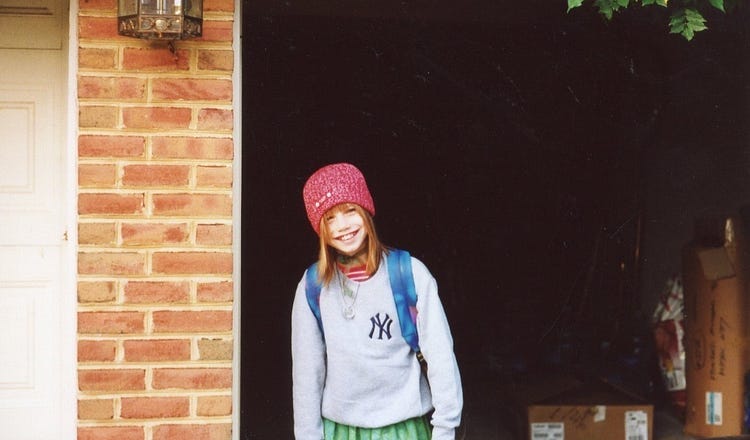A Cold Email Got Me My Job—and an Afternoon with Gay Talese

Portrait of the author, around when her email address was farwellchic3@aol.com.
Everyone says networking is the key to success. For me, it’s been notes to perfect strangers.
331
My caller ID read: “Gay Talese.”
The byline I had once pinned on my wall was now flashing across my phone.
Just one day earlier, I’d emailed his publisher on a whim—I’d been rereading Talese’s iconic 1966 Esquire profile of Joe DiMaggio, the former Yankees star and husband to Marilyn Monroe, on the subway ride home. I’d forgotten how good it was—the way…
Continue Reading The Free Press
To support our journalism, and unlock all of our investigative stories and provocative commentary about the world as it actually is, subscribe below.
$8.33/month
Billed as $100 yearly
$10/month
Billed as $10 monthly
Already have an account?
Sign In

